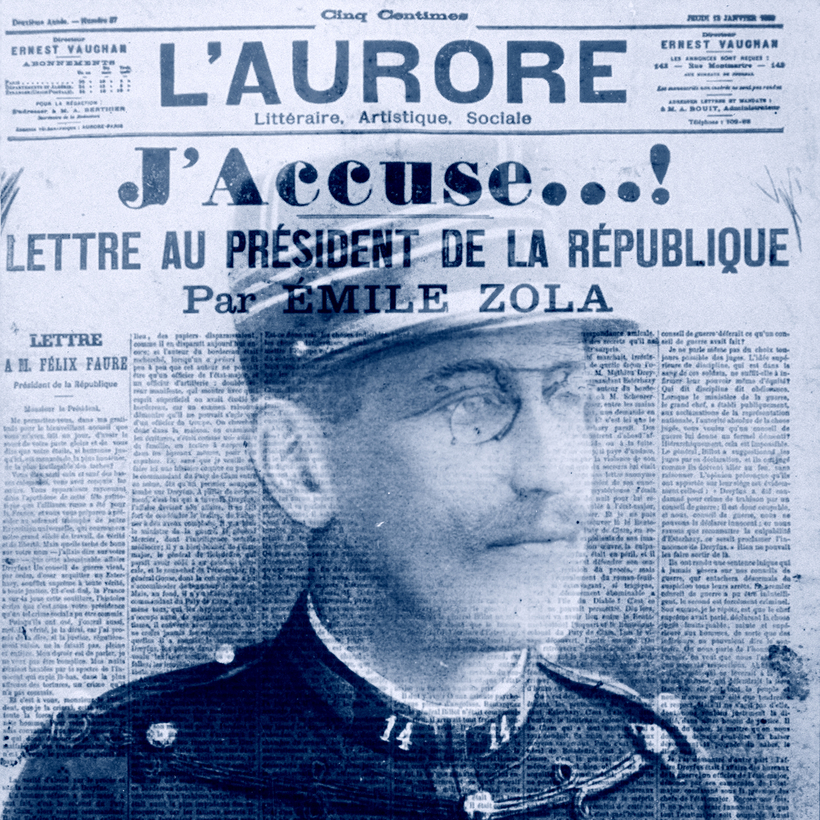It was one of the most notorious travesties of justice in legal history: in December 1894, a promising young Jewish army captain from Alsace was wrongly convicted at a secret French court martial of selling secrets to the Germans and sent to a bleak penal island off the coast of south America for life.
Alfred Dreyfus was finally exonerated a decade later, but his case continued to divide France, inspiring countless articles, books and films—most recently Roman Polanski’s An Officer and a Spy, based on Robert Harris’s best-selling novel of the same name.

